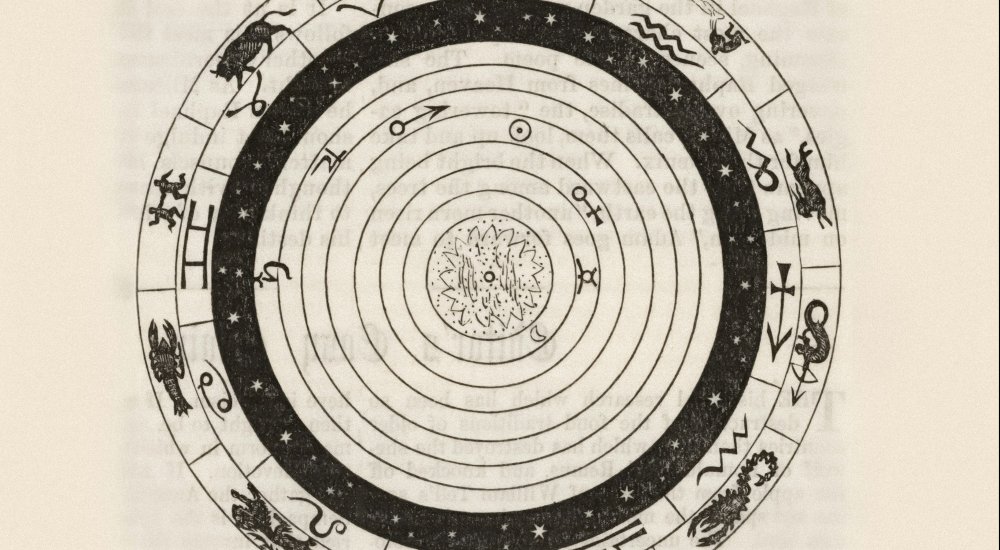MPIWG Postdoctoral Fellowship┋Research Group ASTRA

The Max Planck Institute for the History of Science (MPIWG) is an internationally respected research institute of the Max Planck Society (MPG) with currently two research departments, several research groups, and a graduate school. At the MPIWG, around 150 scholars from all over the world investigate the sciences past and present, working together on a collective, collaborative, and transdisciplinary basis. The MPIWG is renowned worldwide as a hub for reflection on the role of the sciences in politics and society. It is located in southwestern Berlin, close to the campus of the Free University Berlin and other research institutions.
The Max Planck Research Group “Astral Sciences in Trans-Regional Asia” (ASTRA), led by Prof. Dr. Anuj Misra, seeks to appoint a Postdoctoral Scholar (m/f/d) for two years, with employment contract (TVöD pay scales up to level E13) starting as soon as possible.
The Research Group ASTRA studies the transmission, translocation, and transcreation of astral knowledge across space and time in Asian discourses. The researchers in this group use philological, mathematical and sociohistorical methods to study various aspects of the astral sciences across the cultural spheres of Asia and beyond. Further details about the group, and the three thematic domains under which it functions, can be found here.
This postdoctoral position supports an early-career scholar whose research aligns with ASTRA's focus on the history of astral sciences. We particularly welcome applications from scholars specializing in South or Central Asia, but encourage submissions from researchers working on other geographical regions as well.
Your Responsibilities
- Conduct Independent Research: Design, develop, and lead an independent research project that aligns with the research objectives of the Research Group ASTRA at the Max Planck Institute for the History of Science.
- Organize Scientific Events: Plan and host scientific events such as group colloquia, project conferences, and guest lectures, in collaboration with the research group.
- Disseminate Research Findings:
- Publish research results in leading academic journals.
- Communicate research findings to a broader audience through collaborations with ASTRA's research communicator.
- Engage with the Research Group: Actively participate in project meetings and other events at the MPIWG.
- Promote Research Group Activities: Collaborate with the group's research communicator to enhance the visibility of ASTRA's research within regional and international scientific networks.
- Develop a Career Plan: Work closely with the group leader to create a career development plan that aligns with your research interests and professional goals.
Required Qualifications
- Education: Ph.D. in Indology, Classical and Medieval Studies (with a focus on Eurasia), History and Philosophy of Science, or a closely related field.
- Language Proficiency:
- Near-native proficiency in English (written and spoken).
- Fluency in at least one classical Eurasian language (e.g., Sanskrit, Farsi, Arabic, Tamil, classical Tibetan, classical Mongolian, Chinese).
- Good knowledge of a project-related vernacular (or modern) language (e.g., Hindi, Tibetan, Russian).
- Research Expertise:
- Proven expertise in the study of manuscript cultures related to Eurasia.
- Proven experience in philological research with primary sources (manuscripts) in at least one of the specified languages.
- Skills:
- Strong organizational and leadership skills, including experience in planning and conducting archive visits to acquire manuscripts.
Desired Qualifications
- Experience in organizing and conducting academic events (e.g., workshops, conferences).
- Familiarity with digital humanities methods and tools.
- Experience in interdisciplinary research collaborations.
What We Offer
- flexible working hours; the opportunity to work from home as arranged with your superior; the opportunity to work part-time
- annual year-end bonus; occupational pension (VBL); subsidy for public transportation within Berlin or Germany (“Jobticket”); paid leave on Christmas Eve (December 24) and New Year’s Eve (December 31) in addition to regular annual leave
- weekly in-house yoga classes; regular information on occupational health management courses offered by our partner health insurance companies
- access to the wide range of training courses offered by the MPG’s Planck Academy
- close contact with all research and research-support units with the opportunity for direct, personal dialogue
- an international setting with staff and guests from more than forty countries
The Max Planck Society is an equal opportunity employer that strives to foster an inclusive workplace. As an institute of the MPG, the Max Planck Institute for the History of Science supports a working community for all free from discrimination and harassment. We explicitly encourage applications from qualified individuals who belong to groups that are often underrepresented in the workplace due to age, disability, ethnicity, family status, gender, nationality, race, sex, sexual orientation, socioeconomic background, or religion.
Please follow the links to find out more about the MPIWG’s policies on gender equality and hiring practices for people with disabilities, as well as Germany’s anti-discrimination laws as outlined in the General Equal Treatment Act.
Your Application
Please submit your application with complete documents, preferably without a photograph, through our application portal. Include (i) a cover letter stating your research interests and motivation for applying to this position, and including the names and contact information of two potential referees; (ii) a detailed research proposal outlining research objectives and methodology, project milestones and deliverables, and potential risks and mitigation strategies; (iii) a curriculum vitae; (iv) a list of publications; and (v) copies of diplomas and transcripts. All application materials must be submitted as a single PDF file (diplomas and transcripts combined in one PDF file) to
https://recruitment.mpiwg-berlin.mpg.de/position/29032451
Applications must be received by April 13, 2025 (23:59 CEST).
For any questions about the position, please contact Prof. Dr. Anuj Misra, amisra@mpiwg-berlin.mpg.de. For questions about the application process, contact Aiu Ylä-Outinen, astra@mpiwg-berlin.mpg.de.
Address
Max-Planck-Institut für Wissenschaftsgeschichte, Boltzmannstraße 22, 14195 Berlin, Germany
